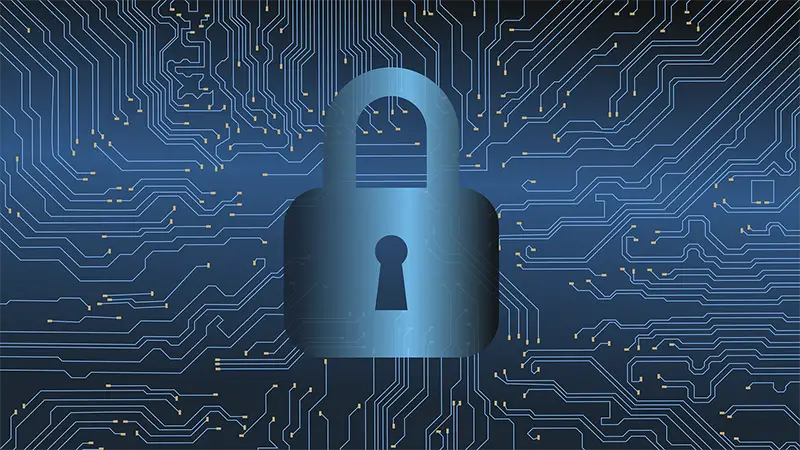Click here to get this post in PDF
While the world is in the grip of a worldwide pandemic, malicious hackers are at work. Last year, there were 1,862 data breaches, according to the Identity Theft Resource Center’s 2021 Data Breach Report. Fortunately, there are some relatively simple yet powerful tactics you can employ to increase cybersecurity at your company or even at home.
Get Some Help
Implementing and maintaining a sound cybersecurity system requires some degree of proactive effort. As an added cost, you may not be able to afford an onsite pro. There are alternatives, however. IT support from professionally managed services offers network administration and cybersecurity packages at a fraction of the cost of hiring a network administrator and tech guy. The packages are usually tier-based on business size and requirements, with relatively low monthly fees built in to make them efficient and cost-effective.
Employee Training
Malicious attacks still enter through phishing and suspicious attachments in emails. And while good antivirus software can catch most, employees can unwittingly provide access to an intruder. Inform your employees to look for the following:
- Mistakes in grammar and spelling
- Unprofessional greeting
- Email addresses, links, and domain names are inconsistent
- Attachments that don’t seem right
- Emails asking for passwords or payment and sensitive info
- Emails that are too good to be true
Some hackers are very good at looking official, with some going so far as to fake entire websites. Yet staying vigilant is always the best policy. It is also helpful to initiate an alert system where staff can inform the relevant technical personnel to investigate.
Data Backup
The loss of data can be one of the most devastating consequences of a cyber attack. And your company’s operations may rely heavily on data, but it can also be sensitive and personal. Law firms highly regard personal data as a duty of care and chain of custody. So a breach could result in legal action. In addition, you might store credit card numbers and other sensitive data that hackers could use to steal your customers’ identities. Data backups should be performed off-site and in the cloud at least once per day. However, hourly is recommended.
Antivirus and Malware Defense
Quality anti-malware is essential against hackers. You can use anti-malware programs to stop suspicious emails, monitor websites, and find malicious executables. Several packages have extras like encryption, server security, and cloud backup. ESET Endpoint Security, Bitdefender, and Trend Microsystems are some of the best and most affordable packages for business. Malwarebytes, Avast, and AVG are excellent home-based solutions. Additionally, your managed IT service will provide solid security using reliable software as part of your package.
Password Policies
Cyber attacks are made more accessible by bad passwords. And despite today’s greater awareness of hacking, a shocking number of businesses and individuals don’t have a solid password policy. A fact highlighted by the fact that almost 60% of people admit to re-using the same password for multiple accounts. The best policy is not to use passwords like “abcde” or your name. It would help if you also didn’t write them down. But remembering so many can be difficult. Therefore it’s better to use a password management program like LastPass.
You may also like: Innovations in Cyber Threat Intelligence
Image source: Pixabay.com

